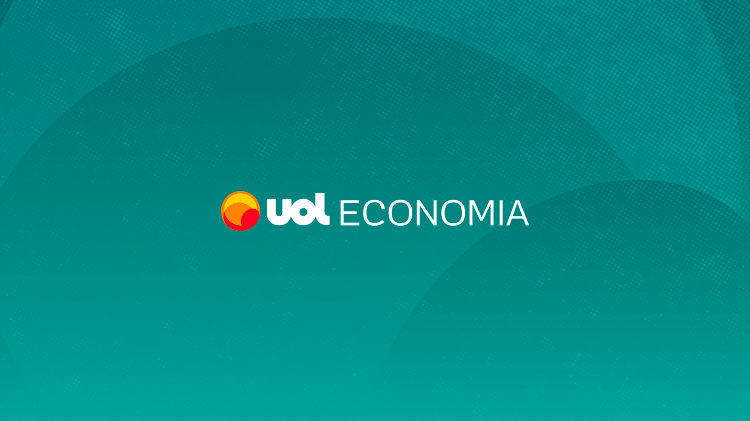
In its biennial report on governments and administration published on Friday, the OECD specifies that, in the period under consideration, only in Belgium was the deterioration of confidence in government stronger, falling 31 percentage points to 29%.
Adherence also declined significantly in Costa Rica (17 points to 28%), Colombia (14 points to 37%) and Spain (10 points to 38%).
In OECD countries, however, 51% of people trusted their governments in 2020, up 6.3 percent from 2007.
This improving trend was particularly marked in Iceland (from an additional 35 points to 59%) and Germany (30 points to 65%). The highest confidence was recorded in Finland (81%) and Luxembourg (78%).
What is most striking about the report is that opinion has improved significantly since the outbreak of the Covid-19 crisis early last year.
In relative terms, this increase reached more than six percent in June and July in countries such as Luxembourg, Finland and Denmark, and nearly five points in Spain.
The organization notes that governments have introduced thousands of regulatory measures as a matter of urgency, some unavoidable due to exceptional circumstances.
However, the OECD insists that these special measures should be limited in their scope and legality to avoid deteriorating citizens’ perception of the transparency and relevance of government action.
The organization’s advice is to focus efforts in three areas to build trust and transparency and thus strengthen democracy while combating misinformation.
In addition, it considers it necessary to strengthen representation and participation, including promoting inclusion of groups such as women, youth and underrepresented groups.
The OECD further suggests that governments need to “learn to spend better”, that is, to increase efficiency, ensure that the priorities are what the public needs most, and to improve the quality of public services.
In this sense, it is worth remembering that, as of March of this year, member countries have allocated (or due to impact) about 16.4% of their gross domestic product (GDP) in additional spending, to cope with the coronavirus crisis. . reduction in its collection)
Along with this other liquidity measures for companies, capital injections, credit or loan assumptions account for another 10.5% of GDP.
The differences between member states on this point are also huge. Whereas the United States managed to put 25.5% of its GDP into such measures and 2.4% in additional public spending; Mexico set only 0.7% and 1.2%, respectively.



